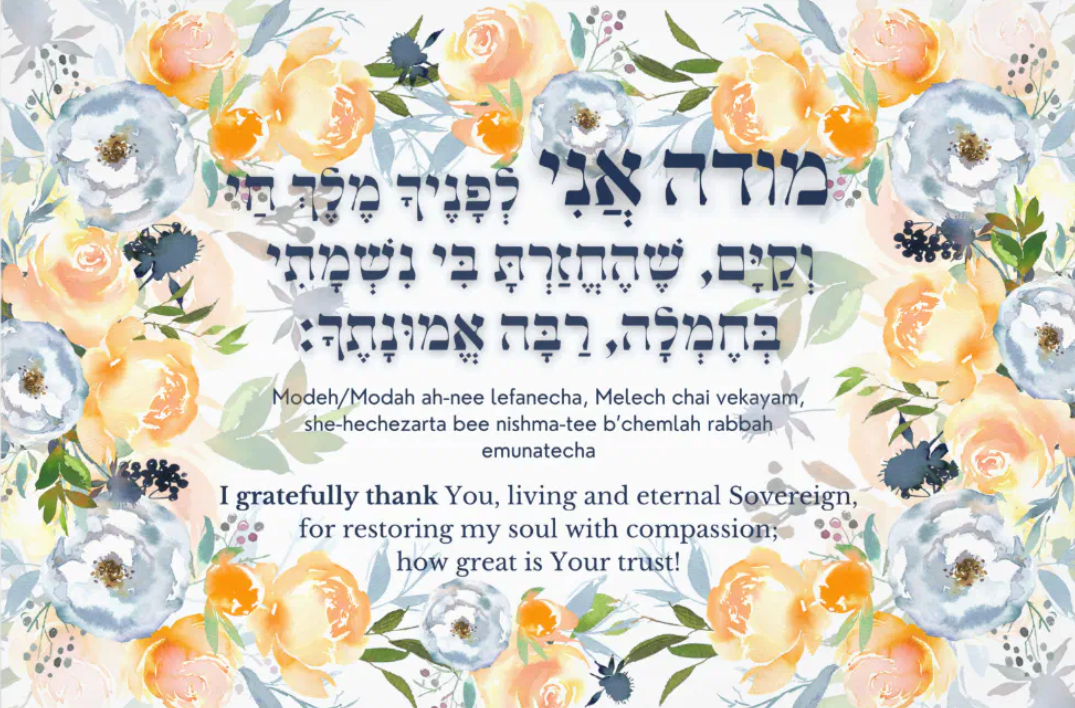This week’s Torah portion, Parshas Ki Savo, begins with the mitzvah of Bikkurim — the offering of the very first fruits of the harvest. The farmer would bring his ripest, choicest produce to the Beis HaMikdash in Jerusalem, place it before the altar, and declare his gratitude to Hashem for the blessings he received.
At first glance, this ritual seems straightforward: bring a gift of thanks for the bounty of the land. But the Rebbe explains that Bikkurim is much deeper. It teaches us that gratitude is not a reaction after abundance — it’s an attitude we carry into every stage of life. The very first thing a Jew does with the fruits of his labor is to acknowledge their Source, to say: “This is not only my effort, but a blessing from Above.”
Gratitude as a Source of Strength
In times of challenge — whether personal struggles, professional obstacles, or national crises — gratitude becomes a source of resilience. When we pause to recognize the good we do have, we unlock an inner strength that empowers us to face difficulties with faith and courage.
During my recent experiences serving as a chaplain with law enforcement and on the ground in Israel earlier this year, I met countless individuals who modeled this truth. Even in the face of unimaginable loss, I heard words of thanks — thanks for survival, for community, for the ability to continue living and giving. That spirit of hakaras hatov doesn’t erase the pain, but it transforms it into purpose.
Gratitude in Our Mission
At SoulLinks, our mission is to serve those who serve — law enforcement, first responders, and military personnel, along with their families. They dedicate themselves selflessly to protecting others, often without recognition. One of the greatest gifts we can give them is to show them gratitude: to remind them that their service matters, that their sacrifices are seen, and that their lives are filled with meaning.
Parshas Ki Savo calls on us not just to say “thank you” but to live with gratitude, to make it the first fruit of our daily lives. Gratitude transforms service into joy, and it connects us to each other and to Hashem.
As we prepare for the upcoming High Holidays, may we take this message to heart: to begin everything with thanks, to recognize the blessings we do have, and to uplift those who serve and protect with words and deeds of gratitude.


